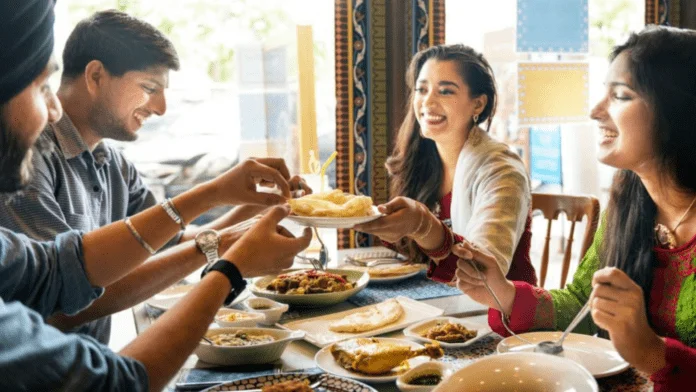In a world where culinary landscapes are constantly evolving, the millennial generation stands at the forefront, wielding influence over the Food and Beverage (F&B) sector like never before. With a penchant for adventure, an eye for aesthetics, and a commitment to values, millennials are transforming the way we eat, shaping a culinary experience that goes beyond mere sustenance.
Ajit Rai, General Manager of The Big Tree Cafe, offers insights into the profound impact millennials have had on the industry. “Millennials prioritize convenience, health, and sustainability,” he notes, encapsulating the trifecta that guides their culinary choices. The rise of niche cuisines and fusion foods is a testament to their eclectic taste buds, driven by a desire for diverse, Instagram-worthy dishes.
The landscape of fast-paced lifestyles has prompted the prominence of quick-service options, online delivery platforms, and tech-driven solutions. Rai believes that the industry must adapt to these preferences to cater to the dynamic tastes and values of the millennial consumer base.
Saurabh Luthra, Chairman of Romeo Lane, emphasizes the experiential aspect of millennial dining preferences. “Their food fascination drives demand for innovative, Instagrammable dishes and unique dining atmospheres,” he asserts. Health consciousness, transparency in sourcing, and a tech-savvy mindset define their choices. Romeo Lane, in response, crafts diverse, flavorful menus and cultivates vibrant atmospheres, aligning with the evolving tastes and preferences of the millennial food ethos.
For Naman Mehar, founder of the drunken botanist who navigates the culinary landscape catering to Gen Z, it’s all about the global palate. “Gen Z today prefers food choices from the global palate,” Mehar observes. This preference drives the constant evolution and exploration of the freshest food trends from across the globe. Every new restaurant under Mehar’s purview is a testament to the relentless pursuit of innovation to satisfy the discerning tastes of Gen Z.
Dr. Shruti Malik, the founder of Anardana, delves into the farm-to-table ethos embraced by millennials. “Preferring meals made from locally sourced ingredients, they champion freshness and endorse local farmers,” she explains. The commitment to sustainability and a direct link to food origins is seamlessly aligned with their penchant for creative, organic, and health-conscious dining experiences. This cultural shift is not just about what’s on the plate; it signifies a broader commitment to ethical, locally-driven gastronomy that reflects their values in a dynamic and flavorful culinary evolution.
Beyond the Plate:
The culinary evolution led by millennials is not just about taste; it’s a cultural shift. It’s about embracing diversity, valuing experiences, being socially and environmentally conscious, and creating a gastronomic journey that reflects these core values. As the F&B industry adapts to this dynamic landscape, it is not merely following trends but participating in a flavorful revolution that is redefining the way we eat and experience food. The millennial palate is not just shaping menus; it’s shaping the future of food.





